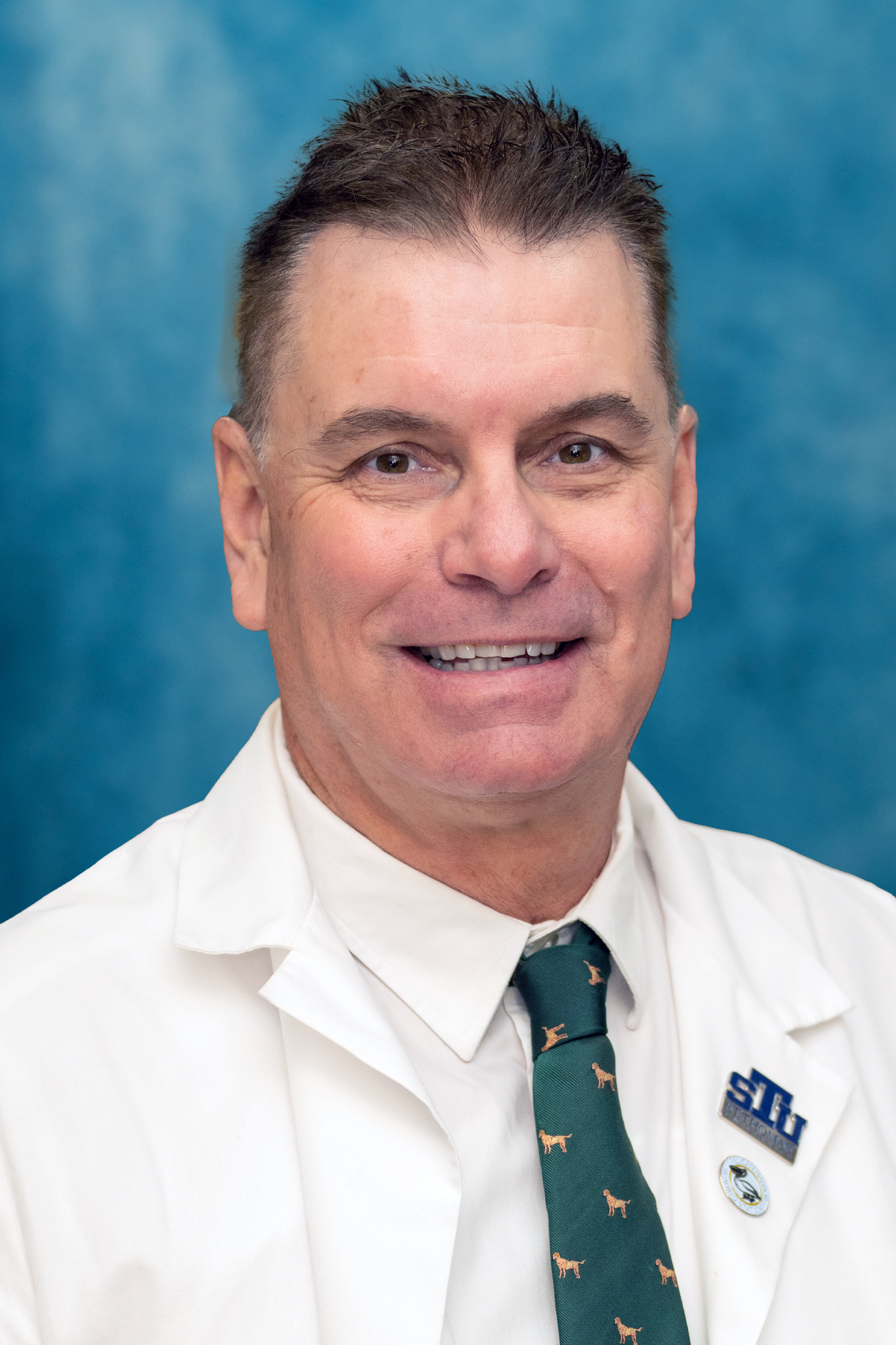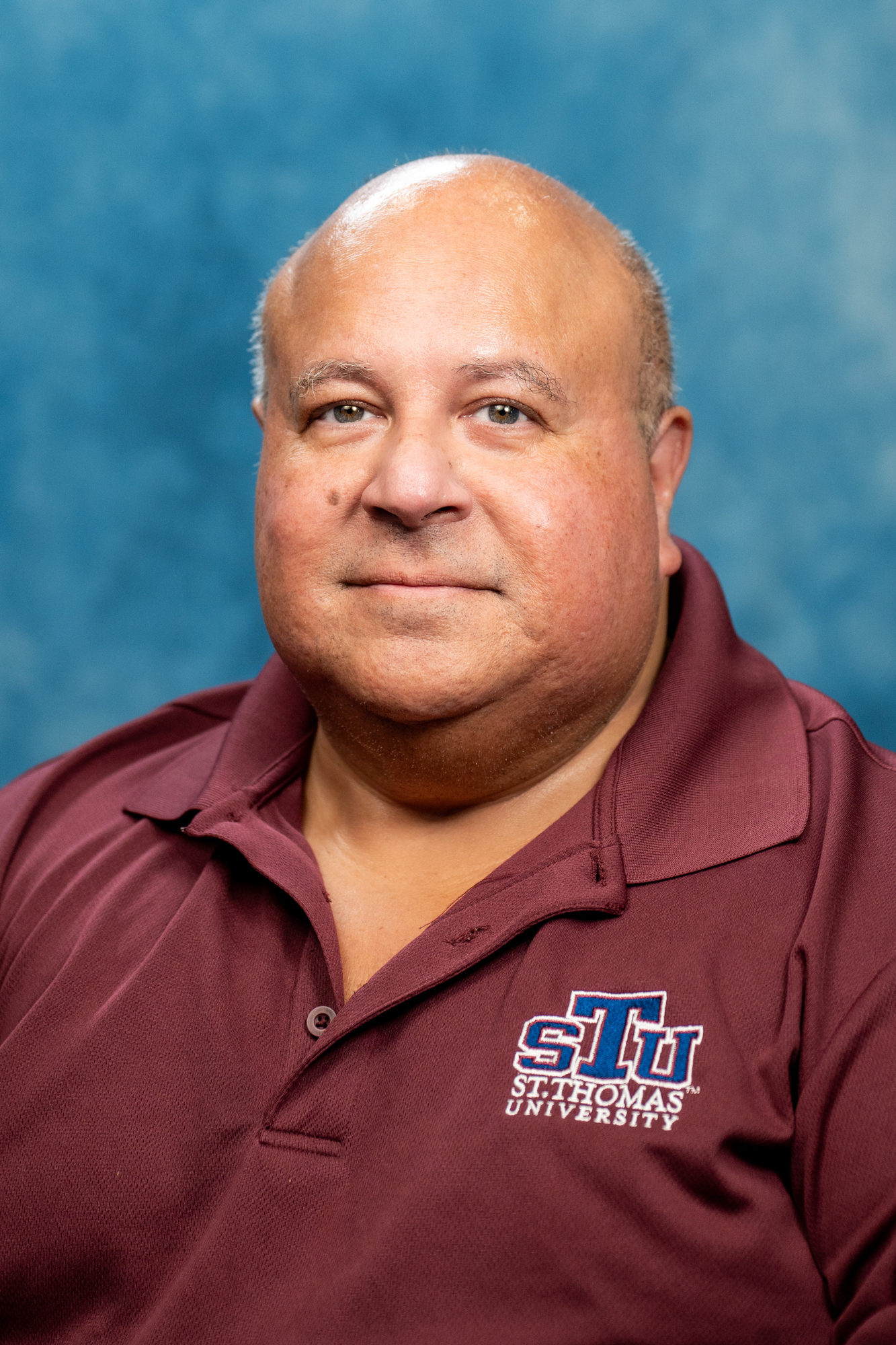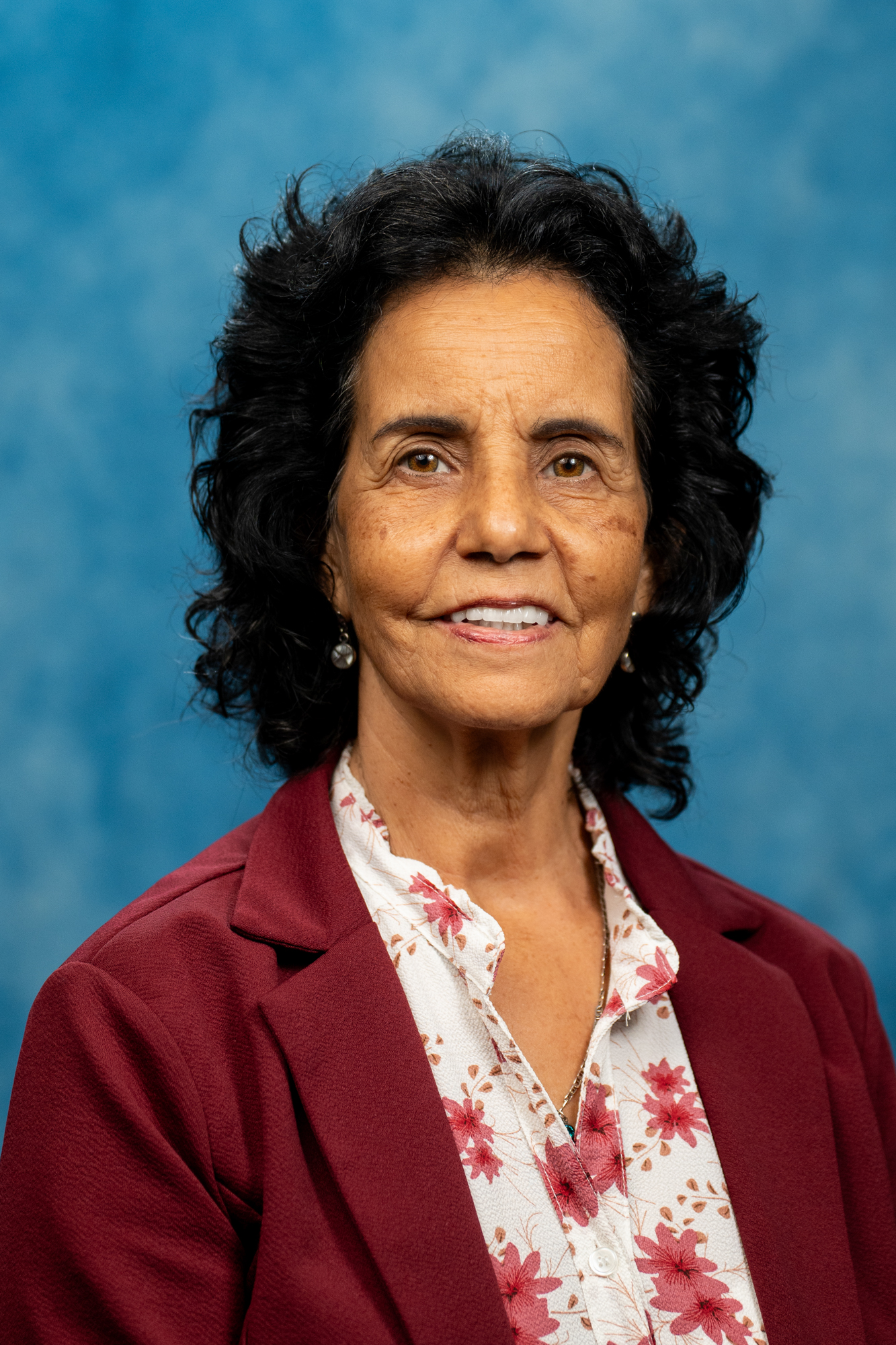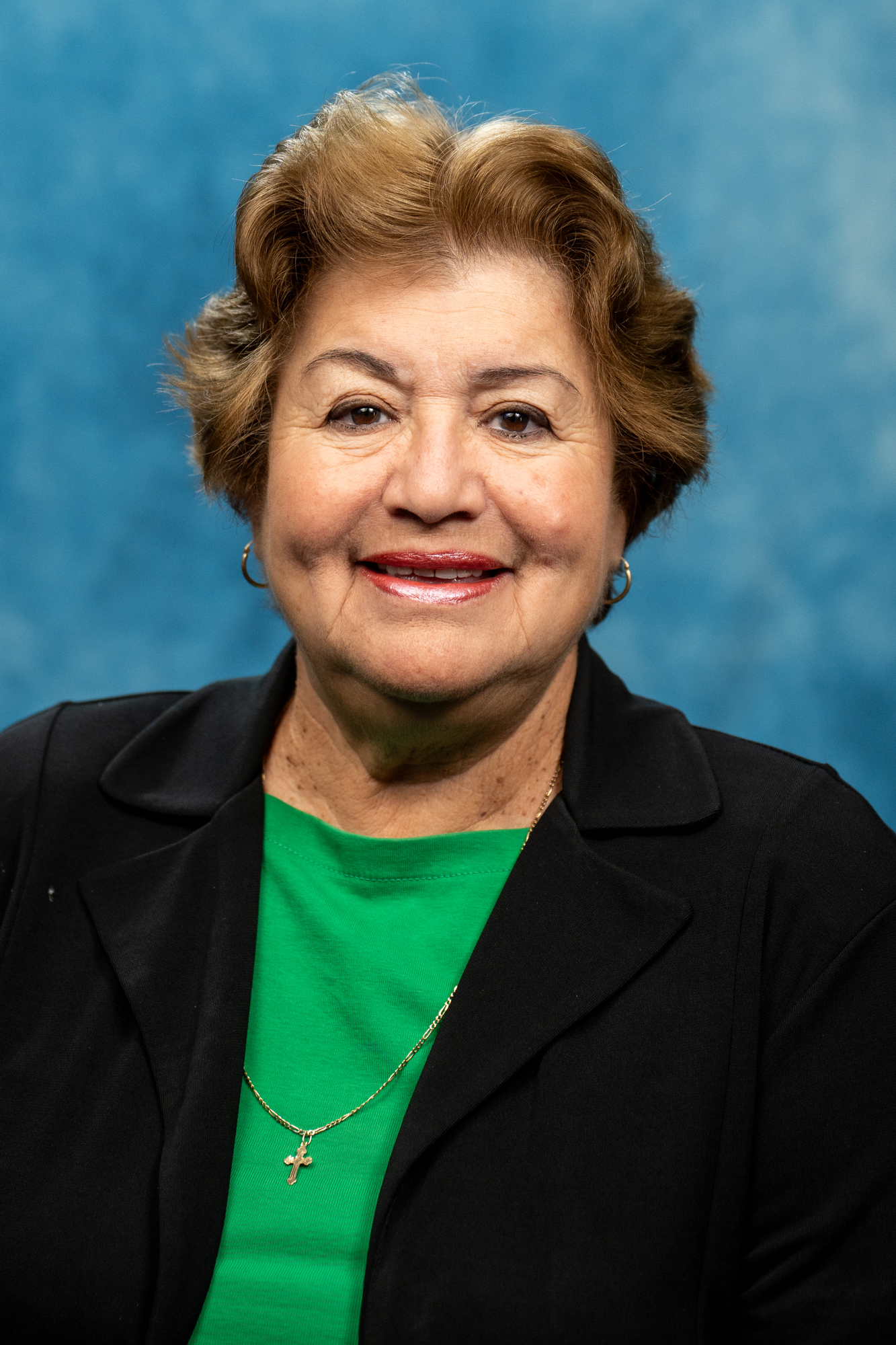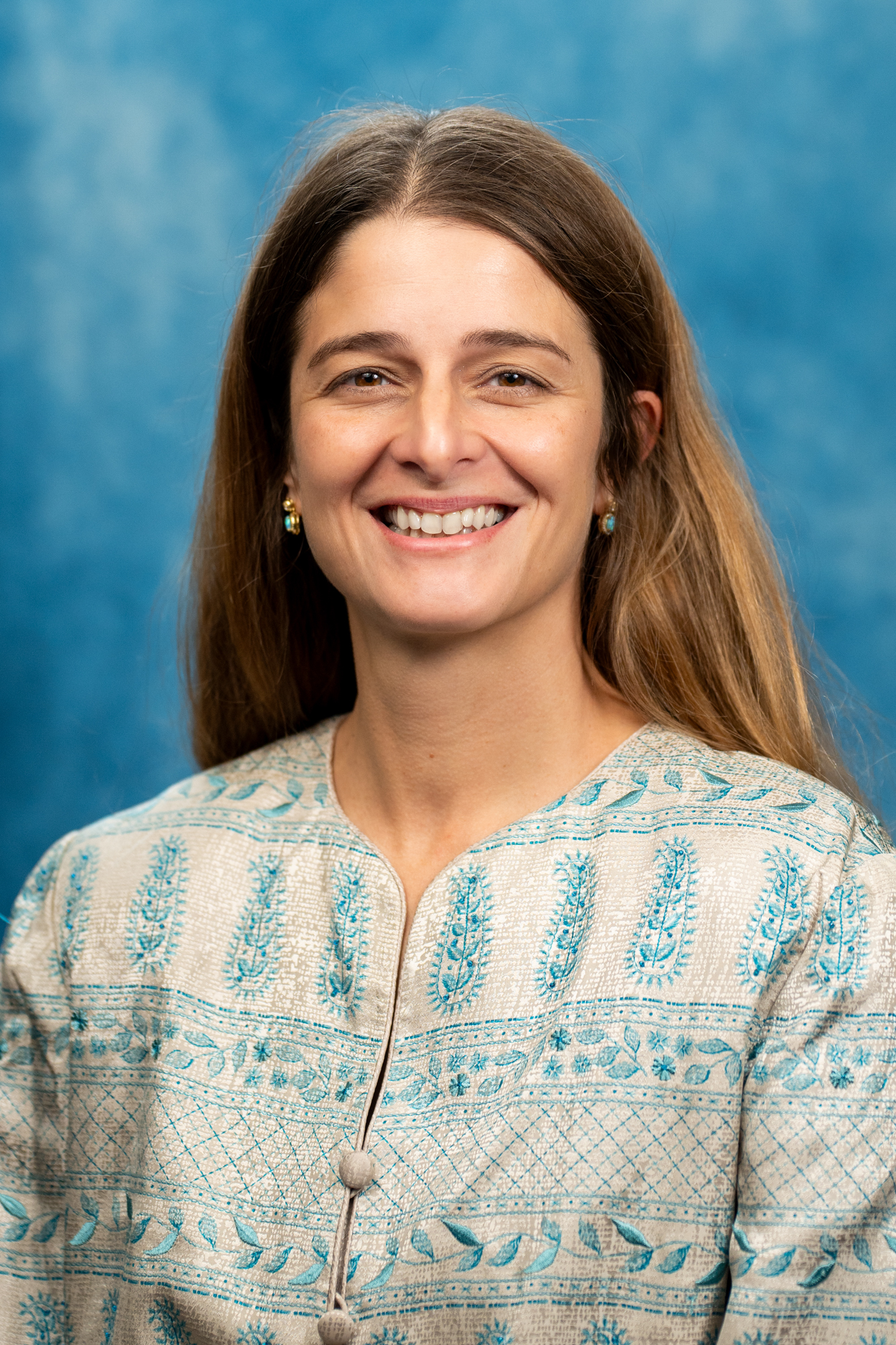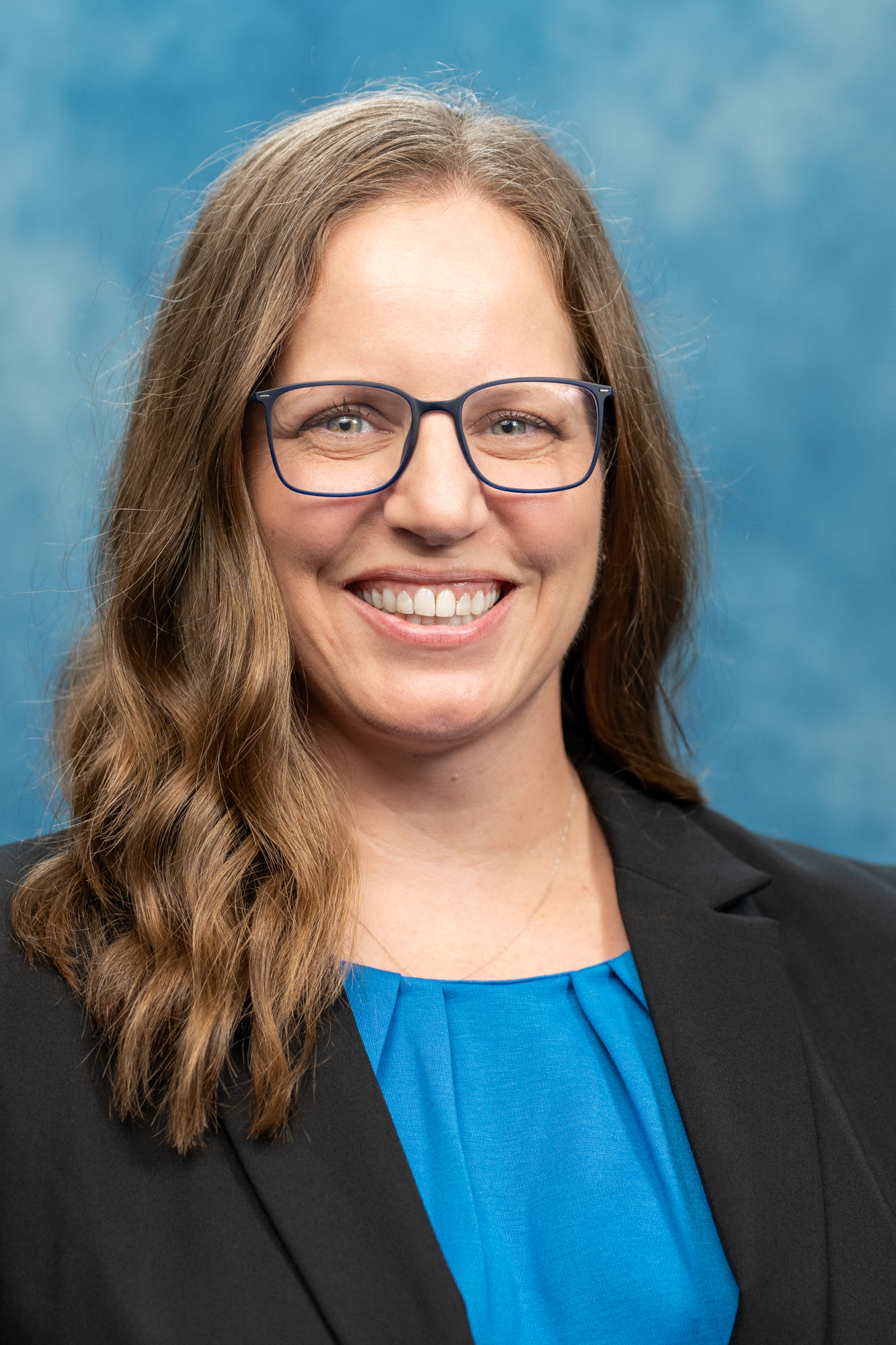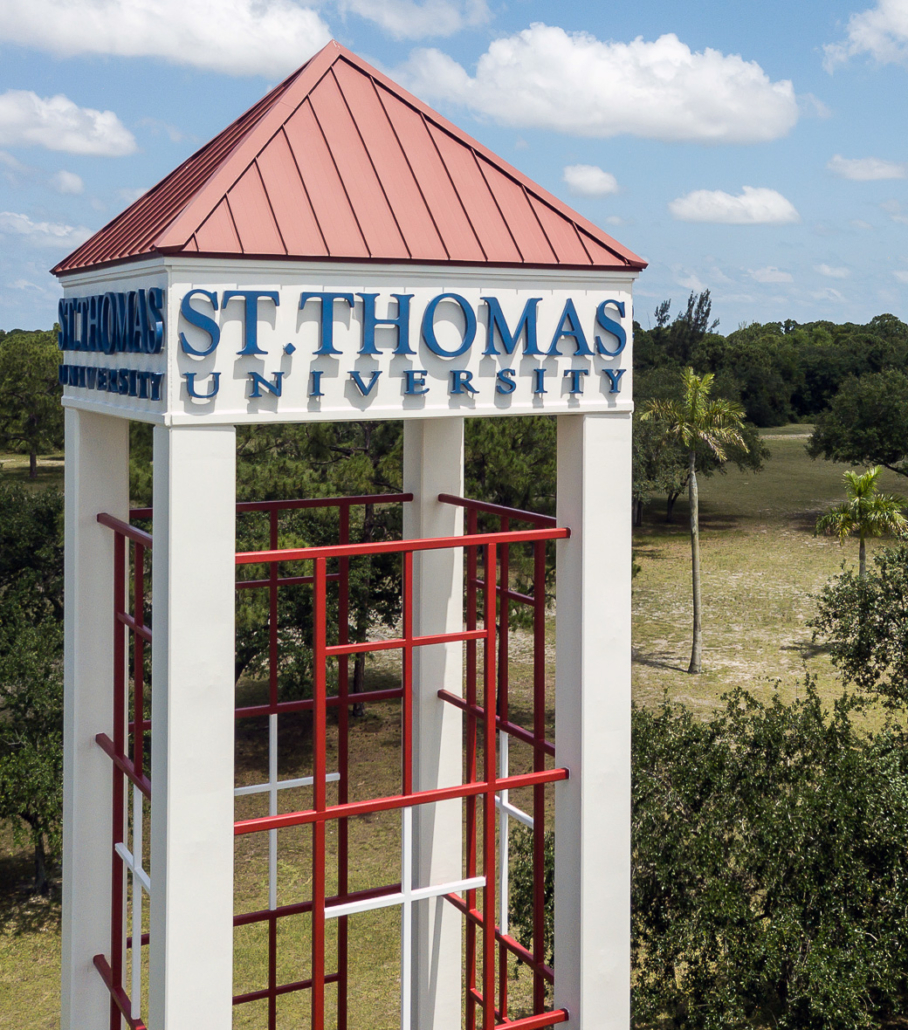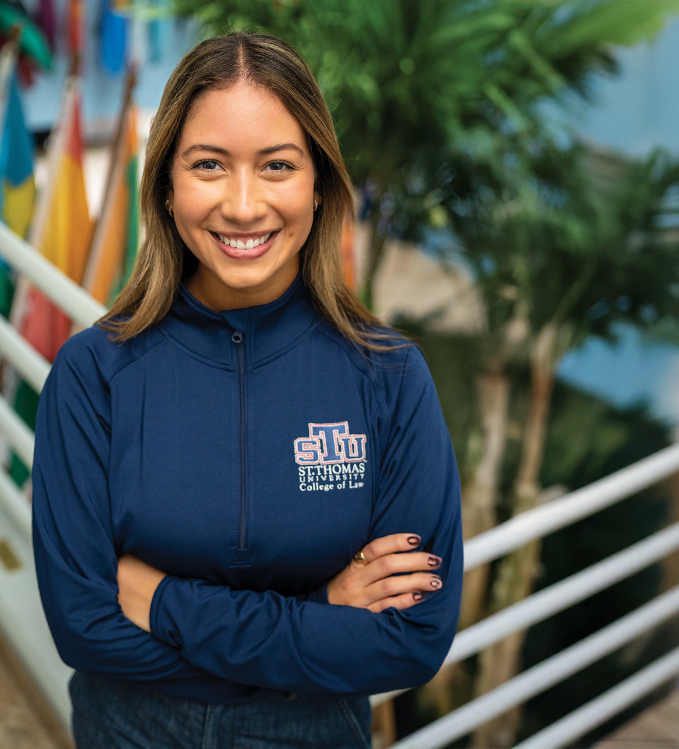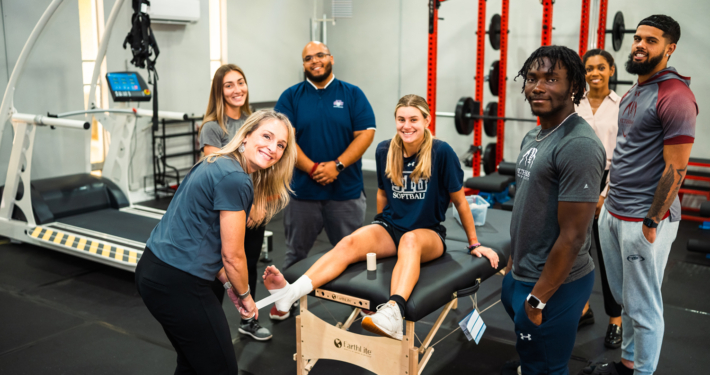College of Health Sciences and Technology
St. Thomas University’s College of Health Sciences and Technology is elevating science programs to a higher level of excellence through internships and hands-on research. All students with an interest in research are given the opportunity to work with distinguished faculty members who have extensively published peer-reviewed research articles and journals, as well as books and book chapters. The close experience with faculty members and cutting-edge research inspires the students to learn more, while realizing their intelligence and developing their capabilities.
The College offers undergraduate baccalaureate degrees in Biology, Chemistry, Health Sciences, Applied Mathematics & Data Science, and Computer Science. A Master of Science degree can be obtained in Big Data Analytics, Bioethics, Cyber Security, and Health & Medical Sciences.
Small class sizes in the classroom and in teaching laboratories are key factors for the experience and success of our students. These settings allow for innovation, greater student engagement and the ability for students to develop and grow in their field of interest.


